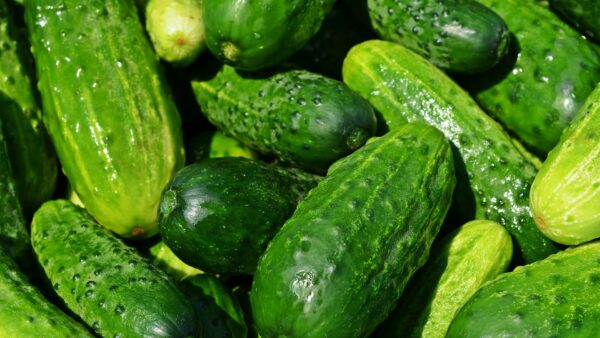The British Society of Plant Breeders (BSPB) has welcomed comments from Conservative Peer the Earl of Caithness highlighting the existential threat facing horticulture growers’ access to improved varieties as a result of the increased costs, delays and bureaucracy facing the UK plant breeding and seeds sector post-Brexit, according to a press release.
During a House of Lords debate on the report titled “Sowing the Seeds: A Blooming English Horticultural Sector” on Friday, April 19, the former transport and environment minister highlighted a significant oversight. He pointed out that out of the report’s 167 conclusions and recommendations, only two related to the seeds, which are crucial for all horticultural crops. He deemed this omission “serious” and “ironic,” especially considering that the report’s remaining conclusions relied on growers having access to improved seeds.
“Post Brexit, the UK plant breeding sector and seed suppliers are facing increased regulatory costs, delays and uncertainty. New plant health regulations have brought more bureaucracy, costs and problems in moving seed and breeding material to and from the EU; at least one breeding partnership between the UK and the continent has been cancelled,” he said.
“The Government’s Animal and Plant Health Agency is not fit for purpose. At least 200 new vegetable varieties are currently affected by its delays and are stalled in the registration process. In a sector that is so dependent on seasonality, such delays can have a devastating impact on individual businesses. Some breeders are not submitting new varieties for registration. These problems pose an existential threat to horticulture growers’ future access to improved varieties, which will be essential to help them to respond to a changing climate, changing pest and disease threats, demands for more sustainable farming practices and changing consumer preferences.”
Lord Caithness also urged for a radical reassessment of how the UK’s leading position in agricultural science translates into on-farm innovation and sustainable productivity growth. He criticized the UK’s applied research base in crop science as fragmented and lacking focus on key policy objectives.
“We need to learn from and copy what other countries have done in creating national centres of excellence and attracting investment in public-private projects and international partnerships, such as Wageningen in the Netherlands, Embrapa in Brazil and New Zealand’s Plant & Food Research,” he said.
Dr. Anthony Hopkins, head of policy at BSPB, welcomed Lord Caithness’ comments, acknowledging that the House of Lords report, led by Lord Redesdale, appropriately emphasized short-term challenges facing the UK horticulture sector, such as labor availability and energy costs.
But for a report entitled ‘Sowing the Seeds’,Dr Hopkins said it was remarkable how little attention was devoted in the report to the importance of plant breeding and genetic innovation, since these would be absolutely critical in the medium- and long-term for a competitive and sustainable horticulture industry in Britain.
“As Lord Caithness has pointed out, it is surprising that no mention is made in the report of the existential threat facing Britain’s vegetable breeders and seed suppliers in a post-Brexit scenario.,” he said. “Left unchecked, these operational challenges will have damaging consequences for breeders, seed suppliers, growers and consumers.
“The figure of 200 vegetable varieties currently stuck in the registration system is likely to be a serious under-estimate, since it does not cover all breeders. Equally worrying are reports that increased bureaucracy, costs and delays mean some breeders are simply opting not to register new varieties in the UK market. Inevitably this will reduce choice and access to innovation for British growers at a time when we all want better, more sustainable, and higher quality varieties to boost national food security.”
“More than three years since leaving the EU, it is now clear that these operational challenges can no longer be attributed to ‘teething difficulties’, but to the processes and systemic shortages of staff and other resources within Government and its executive agencies. The BSPB has been working with its members to gather evidence, and with the authorities to highlight the issues breeders are facing and seek improvements to the national listing system. The problems facing the UK plant breeding and seeds sector must be addressed by Ministers as a matter of urgency,” Hopkins concluded.
For more information, you can read a transcript of the speech here.












